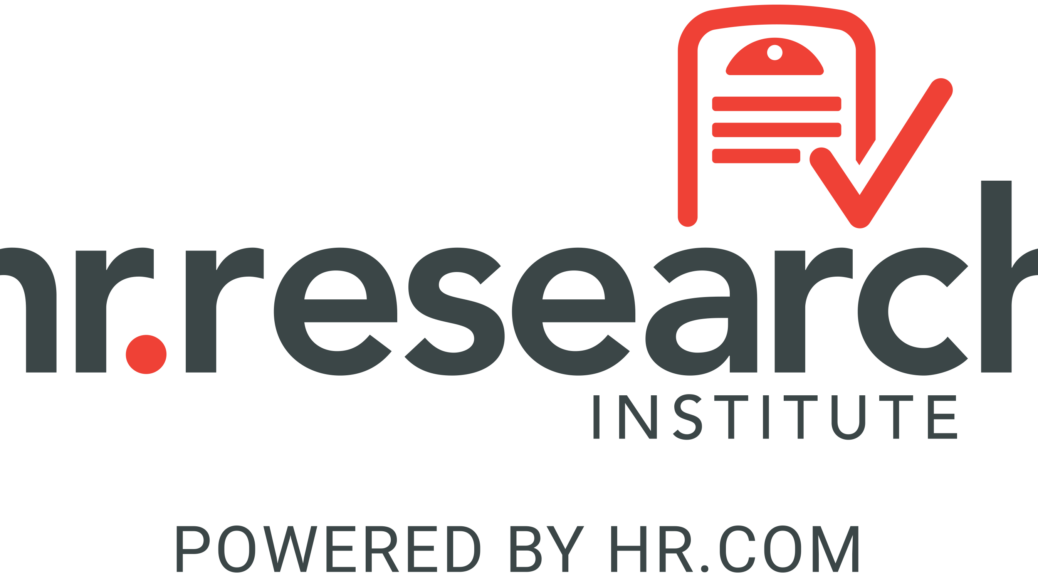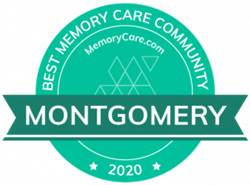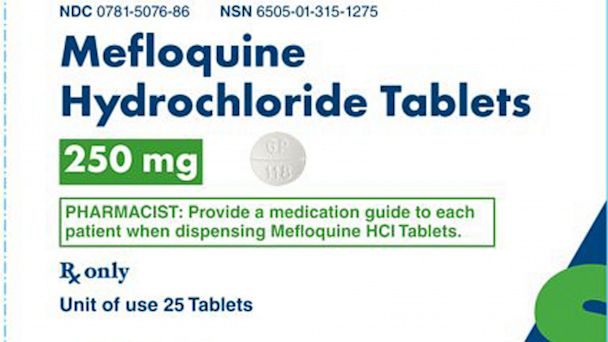
Mefloquine tablets
While it may be tempting to attribute anxiety, depression, paranoia, or other mental health symptoms to the psychological effects of the COVID-19 pandemic, these symptoms may be an early warning sign of idiosyncratic quinoline neurotoxicity, and must be taken seriously.
WHITE RIVER JUNCTION, Vt. (PRWEB)
March 23, 2020
The Quinism Foundation has called on state boards of pharmacy to enact uniform restrictions on the dispensing of the quinoline antimalarial drugs hydroxychloroquine, chloroquine, mefloquine, primaquine, tafenoquine, and quinine to limit hoarding in response to the COVID-19 pandemic.
“State boards of pharmacy must take immediate action to protect the public’s health,” said Dr. Remington Nevin, MD, MPH, DrPH, a former U.S. Army public health physician and Johns-Hopkins trained psychiatric epidemiologist and drug safety expert, who now serves as Executive Director of The Quinism Foundation. “Inaction or delay will lead to shortages of these drugs, particularly hydroxychloroquine, for existing indications, and to the substitution of more dangerous quinolines, such as mefloquine, for off-label self-treatment and prophylaxis of COVID-19.”
“Although only chloroquine and hydroxychloroquine have demonstrated limited antiviral activity against coronavirus in published studies, and while hydroxychloroquine in particular has shown limited evidence of clinical efficacy, as highlighted by recent high-profile statements,” Dr. Nevin noted, “interest in other antimalarial quinolines has increased significantly as a result of a perceived common efficacy among drugs of the class.”
Dr. Nevin noted that such interest is not without basis. “All antimalarial drugs of the quinoline class are amphiphilic weak bases, which lead to their accumulation in acidic cellular endosomes, the property thought to at least partly underlie the observed antiviral activity of certain previously-tested drugs,” said Dr. Nevin. [1,2] “However, the same common properties that likely underlie the effectiveness of these quinoline antimalarial drugs against the virus may also underlie their common dangers.”
“While hydroxychloroquine is among the safest drugs of the quinoline antimalarial class, all antimalarial quinolines share a common toxicity,” said Dr. Nevin. [3] “In susceptible individuals, these drugs act as idiosyncratic neurotoxicants, potentially causing irreversible brain and brainstem dysfunction, even when used at relatively low doses. This drug-induced dysfunction causes a disease of the brain and brainstem called quinoline encephalopathy, or quinism, which can be marked acutely by psychosis, confusion, and risk of suicide, and by lasting psychiatric and neurological symptoms.”
“Symptoms of chronic quinoline encephalopathy include tinnitus, dizziness, vertigo, paresthesias, visual disturbances, nightmares, insomnia, anxiety, agoraphobia, paranoia, cognitive dysfunction, depression, personality change, and suicidal thoughts, among others, ” said Dr. Nevin. “Particularly among military veterans, in whom these drugs have been widely used for decades as prophylactic antimalarials, these symptoms can mimic and be mistaken for those of post-traumatic stress disorder and traumatic brain injury.” [3]
“During World War II-era studies, when many antimalarial drugs of the quinoline class were first synthesized, clinical researchers found that many caused a syndrome marked by psychosis, confusion, dizziness, and other psychiatric, cognitive, and neurologic adverse effects,” said Dr. Nevin. [4] “Other researchers studying the drugs’ toxicity in animals noted they caused widespread and irreversible neurotoxic injury to neurons throughout the brainstem and limbic system.” [5]
Dr. Nevin noted a recent report by an ad-hoc committee of the National Academies of Sciences, Engineering, and Medicine identified a critical need for additional research on the long-term effects of antimalarial quinolines. Dr. Nevin also emphasized that the Quinism Foundation has recently called on Congress to fund research into chronic quinoline encephalopathy. [6]
“Although antimalarial quinolines have been commonly prescribed and used by millions of people for prevention of malaria, and more recently, in the treatment of autoimmune diseases, a substantial minority will need to discontinue the drugs early during use owing to the development of prodromal neuropsychiatric symptoms,” said Dr. Nevin.
“Even hydroxychloroquine, which is commonly described as ‘safe’, is associated with reports of neuropsychiatric adverse effects comparable to those reported from mefloquine,” said Dr. Nevin [7], “including serious adverse effects such as neurotoxic vestibulopathy and psychosis.” [8,9]
Dr. Nevin noted that mefloquine (previously marketed as Lariam) now contains a boxed warning, cautioning of the need to immediately discontinue the drug at the onset of even seemingly mild symptoms such as abnormal dreams, nightmares, insomnia, anxiety, depression, restlessness, or confusion, as these may be considered “prodromal to a more serious event.” [10]
Dr. Nevin emphasized the importance of recognizing and properly reporting adverse effects from these medications to the U.S. Food and Drug Administration. “While it may be tempting to attribute anxiety, depression, paranoia, or other mental health symptoms to the psychological effects of the COVID-19 pandemic,” said Dr. Nevin, “these symptoms may be an early warning sign of idiosyncratic quinoline neurotoxicity, and must be taken seriously.”
Dr. Nevin noted that adverse effects from hydroxychloroquine, chloroquine, mefloquine, primaquine, tafenoquine, and quinine may be reported to the U.S. Food and Drug Administration’s MedWatch program, at
https://www.fda.gov/safety/medwatch-fda-safety-information-and-adverse-event-reporting-program.
About The Quinism Foundation
The Quinism Foundation, founded in January 2018, in White River Junction, Vermont, promotes and supports education and research on quinism, the family of medical disorders caused by exposure to quinoline drugs, including mefloquine, tafenoquine, and chloroquine.
Dr. Nevin is a board-certified occupational medicine and preventive medicine physician and former U.S. Army medical officer and epidemiologist. He is author of more than 30 scientific publications on malaria and the quinoline antimalarials, including “Neuropsychiatric Quinism: Chronic Encephalopathy Caused by Poisoning by Mefloquine and Related Quinoline Drugs,” published in the Springer Nature book, “Veteran Psychiatry in the US.”
(https://link.springer.com/chapter/10.1007/978-3-030-05384-0_20).
References
1. Vincent MJ, Bergeron E, Benjannet S, et al. Chloroquine is a potent inhibitor of SARS coronavirus infection and spread. Virology journal. 2005;2:69.
2. Yao X, Ye F, Zhang M, et al. In Vitro Antiviral Activity and Projection of Optimized Dosing Design of Hydroxychloroquine for the Treatment of Severe Acute Respiratory Syndrome Coronavirus 2 (SARS-CoV-2). Clinical infectious diseases. 2020. In press. doi:10.1093/cid/ciaa237.
3. Nevin RL. Neuropsychiatric Quinism: Chronic Encephalopathy Caused by Poisoning by Mefloquine and Related Quinoline Drugs. In: Ritchie EC, Llorente MD, eds. Veteran Psychiatry in the US. Cham: Springer International Publishing; 2019:315-331.
4. Nevin RL, Croft AM. Psychiatric effects of malaria and anti-malarial drugs: historical and modern perspectives. Malaria journal. 2016;15:332. Available at: https://www.ncbi.nlm.nih.gov/pmc/articles/PMC4918116/.
5. Nevin RL. Idiosyncratic quinoline central nervous system toxicity: Historical insights into the chronic neurological sequelae of mefloquine. International journal for parasitology Drugs and drug resistance. 2014;4(2):118-125. Available at: https://www.ncbi.nlm.nih.gov/pmc/articles/PMC4095041/..
6. The Quinism Foundation. The Quinism Foundation and Veterans for Common Sense Call on Congress to Fund Research into Chronic Quinoline Encephalopathy. March 9, 2020. Available at: https://quinism.org/press-releases/congress-research-chronic-quinoline-encephalopathy/.
7. Mascolo A, Berrino PM, Gareri P, et al. Neuropsychiatric clinical manifestations in elderly patients treated with hydroxychloroquine: a review article. Inflammopharmacology. 2018;26(5):1141-1149.
8. Chansky PB, Werth VP. Accidental hydroxychloroquine overdose resulting in neurotoxic vestibulopathy. BMJ Case Reports. 2017;2017:pii: bcr-2016-218786.
9. Ward WQ, Walter-Ryan WG, Shehi GM. Toxic psychosis: a complication of antimalarial therapy. Journal of the American Academy of Dermatology. 1985;12(5 Pt 1):863-865.
10. Nevin RL. A serious nightmare: psychiatric and neurologic adverse reactions to mefloquine are serious adverse reactions. Pharmacology research & perspectives. 2017;5(4):e00328.













